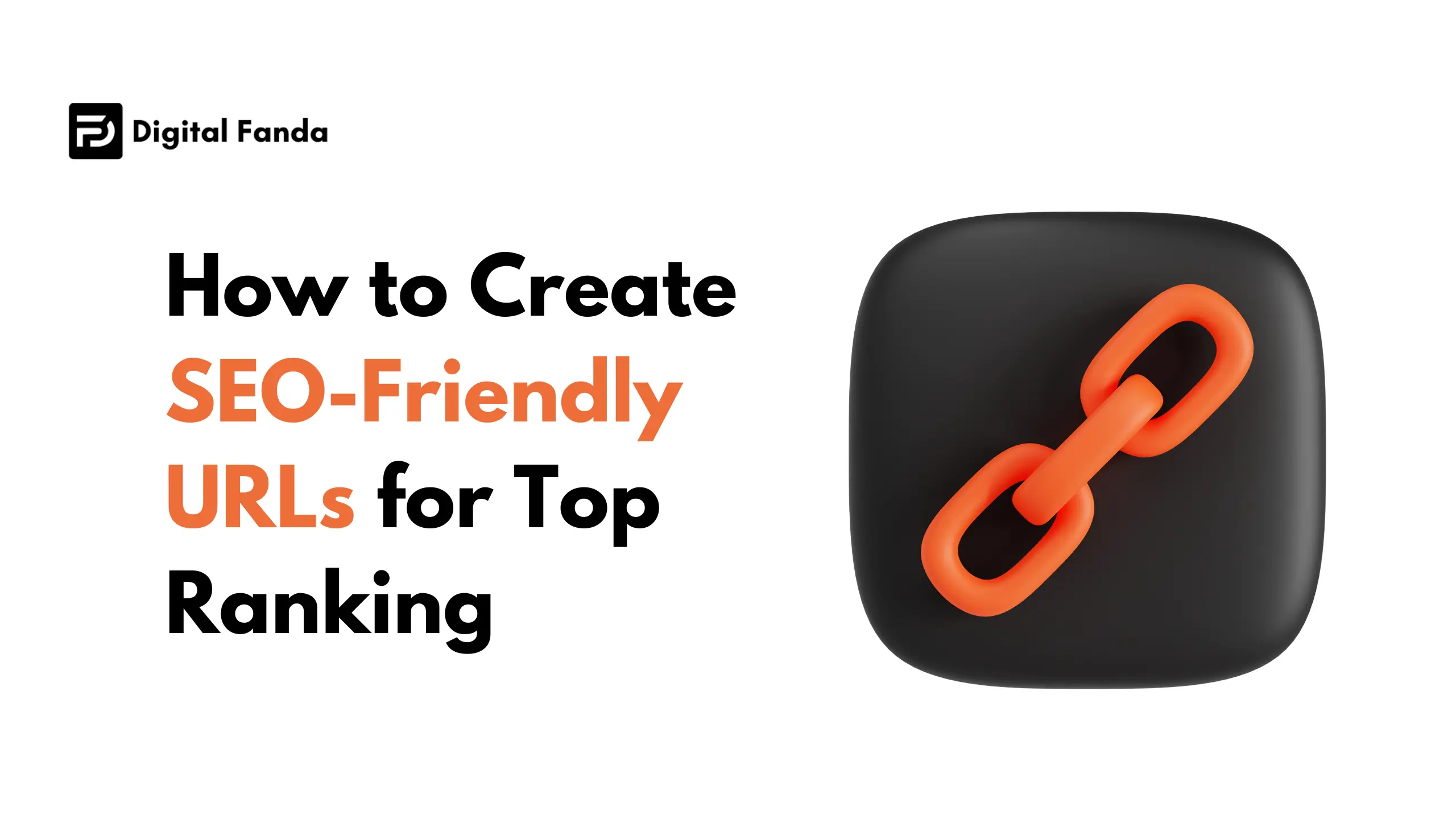
Search engine optimization (SEO) is the key to unlocking higher rankings on search engine results pages (SERPs). And one vital aspect of SEO involves crafting URLs that are both user-friendly and search engine savvy.
While creating SEO-friendly URLs might seem daunting, it doesn’t have to be. By following a few simple steps and best practices, you can easily optimize your URLs for better visibility and improved user experience.
Table of Contents
Understanding URL Anatomy:
Before diving into URL optimization, let’s break down the different parts. URLs consist of several elements, but for SEO purposes, the most crucial component is the slug. This is the part that identifies a specific page on your website, usually following the domain name and any subdirectories.
Crafting an SEO-Friendly URL:
The slug plays a crucial role in representing your page’s content and attracting search engines. Here’s how to craft one that shines:
1. Start with your title:
Your page title often serves as the perfect starting point for your slug. Simply shorten it and remove unnecessary words, like articles and prepositions. For example, “How to Craft the Perfect SEO Title Tag (Our 4-Step Process)” can become “craft-perfect-seo-title-tag.”
2. Ditch the special characters:
Keep your slug clean and user-friendly by removing special characters like backslashes, brackets, and commas. Stick to letters and hyphens for optimal readability and search engine recognition.
3. Numbers? Not always:
While numbers in titles are acceptable, avoid them in the slug. This prevents confusion and avoids future updates if your content changes.
4. Less is more:
Aim for concise and focused slugs. Google prefers shorter URLs, and longer ones can get truncated in search results, impacting user experience. Remove any superfluous words that don’t contribute to the core meaning.
5. Keyword power:
Optimize your slug with relevant keywords that accurately reflect your page’s content. Most titles naturally contain keywords, so choose a simplified, keyword-rich version for your slug.
6. Modifiers (optional):
Sometimes, an exact-match keyword isn’t enough. Consider adding relevant modifiers for better clarity and context. For example, “craft-perfect-seo-title-tag-guide” is more specific than just “craft-perfect-seo-title-tag.”
7. Readability counts (optional):
While not essential, making your slug user-friendly can improve the overall experience. Consider adding conjunctions, pluralizing words, or rephrasing slightly for a more natural flow. However, prioritize accuracy and relevance over readability.
8. Keep it lowercase:
Avoid potential case-sensitivity issues by using lowercase letters in your slug. Though most servers treat uppercase and lowercase the same, consistency helps prevent duplicate content problems. Content management systems like WordPress automatically convert slugs to lowercase.
9. Spaces be gone:
Replace spaces with hyphens. Browsers convert spaces to “%20,” but hyphens offer better readability and are officially recommended by Google. They’re more familiar to users and enhance URL structure.
Beyond the Slug: URL Best Practices:
While the slug is crucial, remember other aspects contribute to URL optimization:
- HTTPS is essential: Use HTTPS (Hypertext Transfer Protocol Secure) for website security and SEO. It encrypts data, ensuring a secure connection and acting as a ranking factor since 2014. Switching to HTTPS protects user data and boosts your website’s credibility and visibility.
Final Thoughts:
Creating SEO-friendly URLs is an investment in your website’s search engine performance and user experience. By following these steps and best practices, you can craft URLs that attract both search engines and visitors, ultimately boosting your website’s ranking and success.
Also Read: 6 Powerful SEO Autocomplete Tools
- How to Optimize a PDF Document for Search Engines
- Unlocking The Power of XML Sitemaps for SEO Success
- How to Optimize Your Website for International SEO
- Unlocking Business Growth in 2024: Comprehensive SEO Strategies for the Modern Marketplace
- 5 Killer SEO Hacks for Small Businesses to Outrank
- Best SEO companies in India 2024
- 1 Comment
- How to
- seo
- SEO-Friendly URLs






Pingback:Google Structured Data Guidelines - Use Hashtags for @id Reference